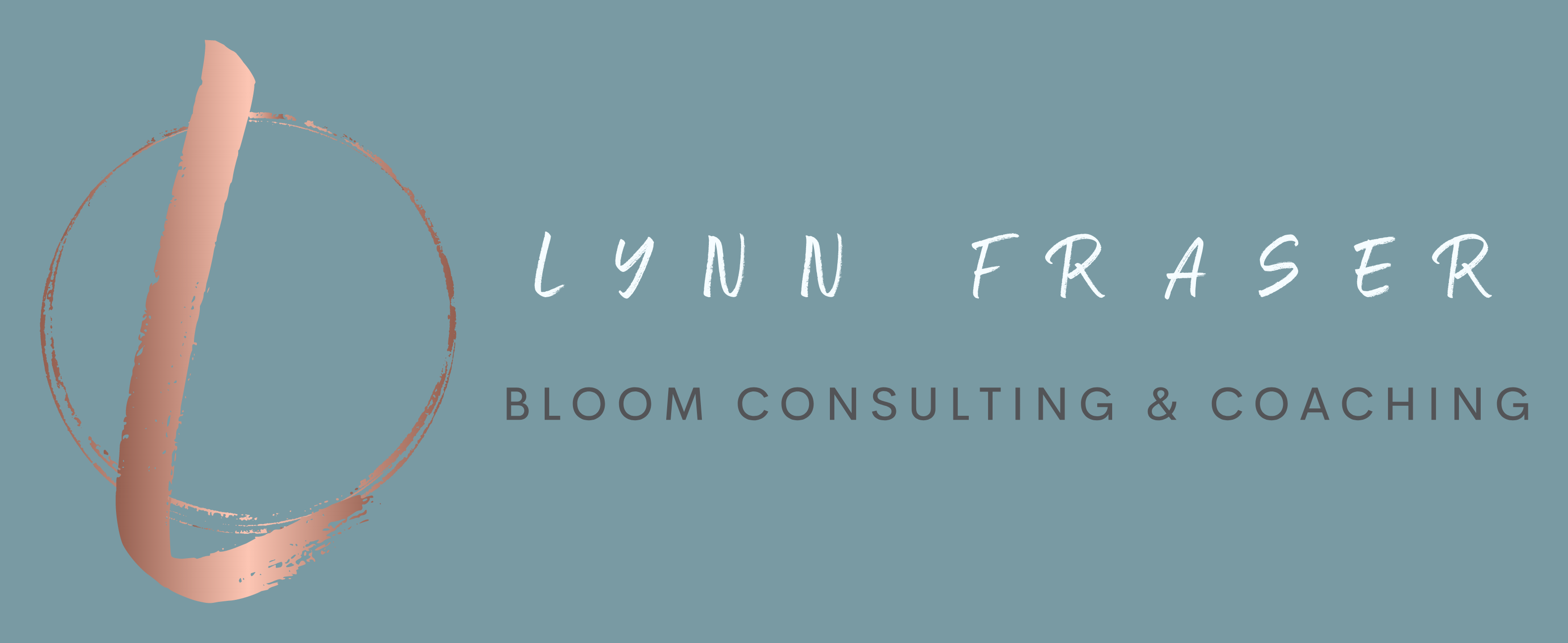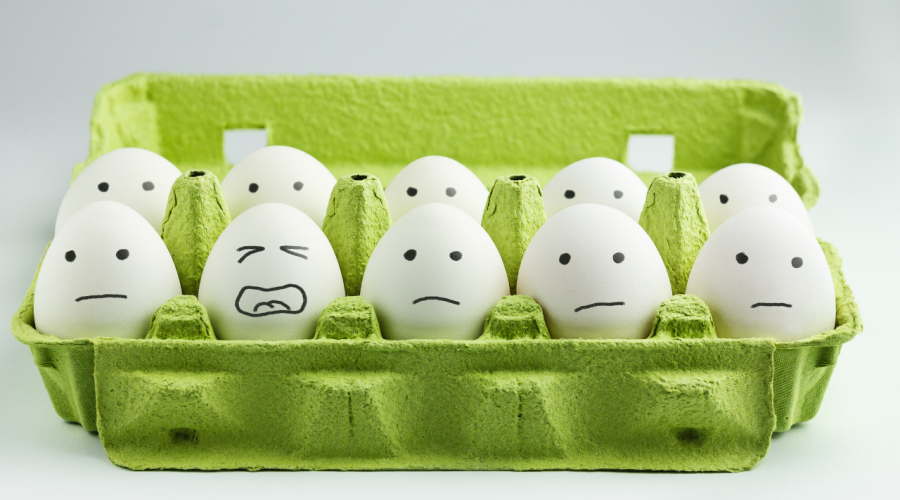Stress Management Vs Stress Recovery
We feel stressed when we perceive that we are overwhelmed and perhaps unable to cope with the demands placed upon us. Today, those demands are higher than ever, especially in the work place. Causes may be: higher than ever job demands, undue change, increased speed and having complex work environments to navigate. Add to this mix – job insecurity and the recent events related to the Virus, and its no wonder the average person is more stressed than ever.
Stress can be a good thing, but it can also be too much of a good thing. If we experience a stressful event and manage it well, we recover. However, persistent stress which we are unable to recover from, can have a profound affect on our wellbeing. A certain amount of stress may be good for us but it is the inability to recover from stress that creates a danger to our health.
With this fact in mind, the spotlight has moved from stress management to stress recovery. Research in this area has created the need for a model of recovery for the working professional. According to the DRAMMA model (proposed by Newman, Tay and Diener 2014), there are two areas for stress recovery: Prevention (detaching from the source of the stress) and Promotion (regaining our resources to help manage the stress). Source: Researchgate.net
With the recent stressful events of Covid and the ensuing stress-causing change surrounding the Pandemic, it would be good for employers to note that their employee wellbeing programs should include elements of both stress prevention and promotion.
The DRAMMA model proposes a very clear way to do this: DR = Detachment Recovery, A = Autonomy, M = Mastery, M = Meaning and A = Affiliation
Detachment Recovery
Time away from the daily grind is essential to enable us to recover from even mild stressors. The aim of recovery is to completely disengage our brains from our usual work to allow us to switch off. When we switch off, we are less likely to be plagued by the stress hormones which can ravage our bodies. An author for example, would need to not write anything during a period of recovery and a chef would need to steer clear of the kitchen. Finding hobbies that force us to disengage are helpful such as dancing, reading, tennis or kayaking. Those who have found a way to psychologically disengage from their work are likely those who have found enjoyment in pursuits other than their work.
Autonomy
Paradoxically, our ability to recover well during time off is closely linked to the ability we have to make our own decisions about our time off. If we feel forced into doing things in our leisure time, research has shown they will have less of an impact on our well being. The more autonomous we feel, the more likely we will be to recover. We can have fun with this, planning our next break, fun activity or family gathering or even scheduling them in advance so that we can enjoy the anticipation as much as the event. Businesses can incorporate this into their wellness programs by allowing teams to choose their own team building activities and engagement events. With the current restrictions of Covid, these can be adapted to be online or small group activities.
Mastery
Mastery is the use of our skills to overcome certain challenges which are related to a task. In the area of Positive Psychology, the notion of Flow is a balance between the challenge we face and the skill we have to overcome it. A flow state is a feeling of being completely absorbed by an activity to such a degree that we loose our sense of time. (Source: positivepsychology.com) This sense of mastery can provide enormous amounts of satisfaction which can enhance our well being and provide a sense of fulfillment. Leaders can help employees to achieve mastery by assigning work according to strengths and enjoyment and by allocating complete tasks rather than parts of a task.
Meaning
An important component of well being and as such, stress recovery, is our ability to derive meaning from our work and/or our leisure activities. Engaging in activities that provide us with meaning can reduce our stress levels by increasing our feel good emotions, providing a sense of peace and increasing our self-worth. Finding work that provides meaning is first prize but finding hobbies and other leisure activities that fill this gap can also encourage us to relax, switch off and find fulfillment.
Affiliation
Connection with others is one of our most important needs as human beings. Spending time with friends and like minded people can promote positivity and increase our ability to disengage from our work. Companies who are focusing on employee wellness can facilitate this need by creating groups, networks and fun activities to help co-workers engage socially and develop mutually beneficial relationships. Connecting with others helps us to realise that we are “all in this together’’ and that “tomorrow is another day”.
In Conclusion
It is interesting how the focus has moved from the old Stress Management to the new Stress Recovery terminology. Perhaps this is because researchers have realized that the stressors we face are increasing and no matter how well we manage them, they are still ever present. However, if we focus our attention more on learning how to recover from stressful events and how to prepare ourselves better for the inevitable stressors we face, we have a better chance of being resilient in the face of adversity and change.
If you are struggling with a stressful situation, coaching can help. Contact me HERE for a complimentary, no obligation get to know you session.


